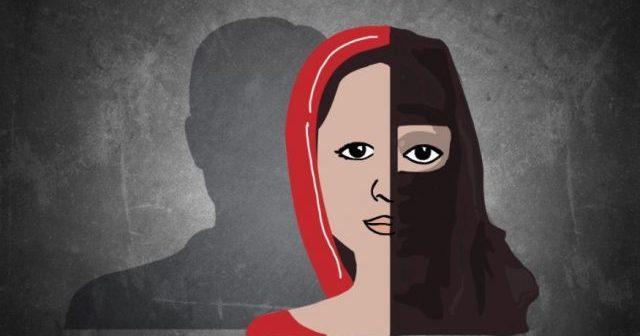In a significant ruling, the Allahabad High Court has reaffirmed the primary objective of the Uttar Pradesh Prohibition of Unlawful Conversion of Religion Act, 2021, emphasizing its role in safeguarding religious freedom and maintaining the nation’s social harmony. The court made these observations while rejecting the bail application of Azeem, a man accused of several charges, including violations of the anti-conversion law.
The court’s ruling, delivered by Justice Rohit Ranjan Agarwal, underscores the Act’s intention to protect the fundamental right of individuals to profess, practice, and propagate their religion. However, the court clarified that this individual right to religious freedom does not extend to a collective right to proselytize, emphasizing that the right to religious freedom equally applies to both the person converting and the individual being converted.
“The Constitution confers on each individual the fundamental right to profess, practice, and propagate his religion,” Justice Agarwal stated in the order. “However, the individual right to freedom of conscience and religion cannot be extended to construe a collective right to proselytize. The right to religious freedom belongs equally to the person converting and the individual sought to be converted.”
The court reiterated that the Prohibition of Unlawful Conversion of Religion Act, 2021, is designed to guarantee religious freedom for all individuals, thereby upholding India’s spirit of secularism. This legislation aims to prevent coercive conversions and ensure that religious freedom is exercised without infringing on the rights of others, reflecting the nation’s commitment to social harmony and religious tolerance.
In the case at hand, Azeem was booked under Sections 3 and 5(1) of the Prohibition of Unlawful Conversion of Religion Act, 2021, along with various sections of the Indian Penal Code (IPC). He was accused of forcibly converting a girl to Islam, along with allegations of sexual assault and blackmail. The girl, who had been in a relationship with Azeem, claimed that he had coerced her into converting to Islam, threatened her with compromising videos, and forced her into a Nikah ceremony without her consent. She also alleged that she was pressured to eat non-vegetarian food and wear clothes typically worn by Muslims, against her will.
Azeem, who has been in jail since June 27 of the previous year, asserted in his bail plea that he was falsely implicated. He claimed that the girl had voluntarily entered into a relationship with him and had willingly left her home. He also stated that she had confirmed their marriage in statements recorded under Sections 161 and 164 of the Code of Criminal Procedure (CrPC).
However, the government counsel vehemently opposed the bail application, arguing that the woman’s statement clearly revealed coercion. The court found merit in the government’s argument, noting that there was a clear contravention of Sections 3 and 8 of the Prohibition of Unlawful Conversion of Religion Act, 2021, which is punishable under Section 5 of the same Act.
Justice Agarwal, in his ruling, stated, “As there is a contravention of Sections 3 and 8 of the Act of 2021, which is punishable under Section 5 of the Act of 2021, and the applicant having failed to make out a case for bail, the bail application stands rejected.”
This ruling underscores the court’s firm stance on the importance of the anti-conversion law in preserving the secular fabric of the nation. By denying bail to the accused, the court has sent a strong message that violations of religious freedom, particularly through coercive conversions, will not be tolerated and will be dealt with strictly under the law.
The Uttar Pradesh Prohibition of Unlawful Conversion of Religion Act, 2021, continues to play a crucial role in maintaining social harmony and ensuring that religious freedom is exercised without any form of coercion or exploitation. The Allahabad High Court’s ruling reaffirms the law’s objective of upholding the spirit of secularism and protecting the fundamental rights of all individuals, regardless of their religious beliefs.





